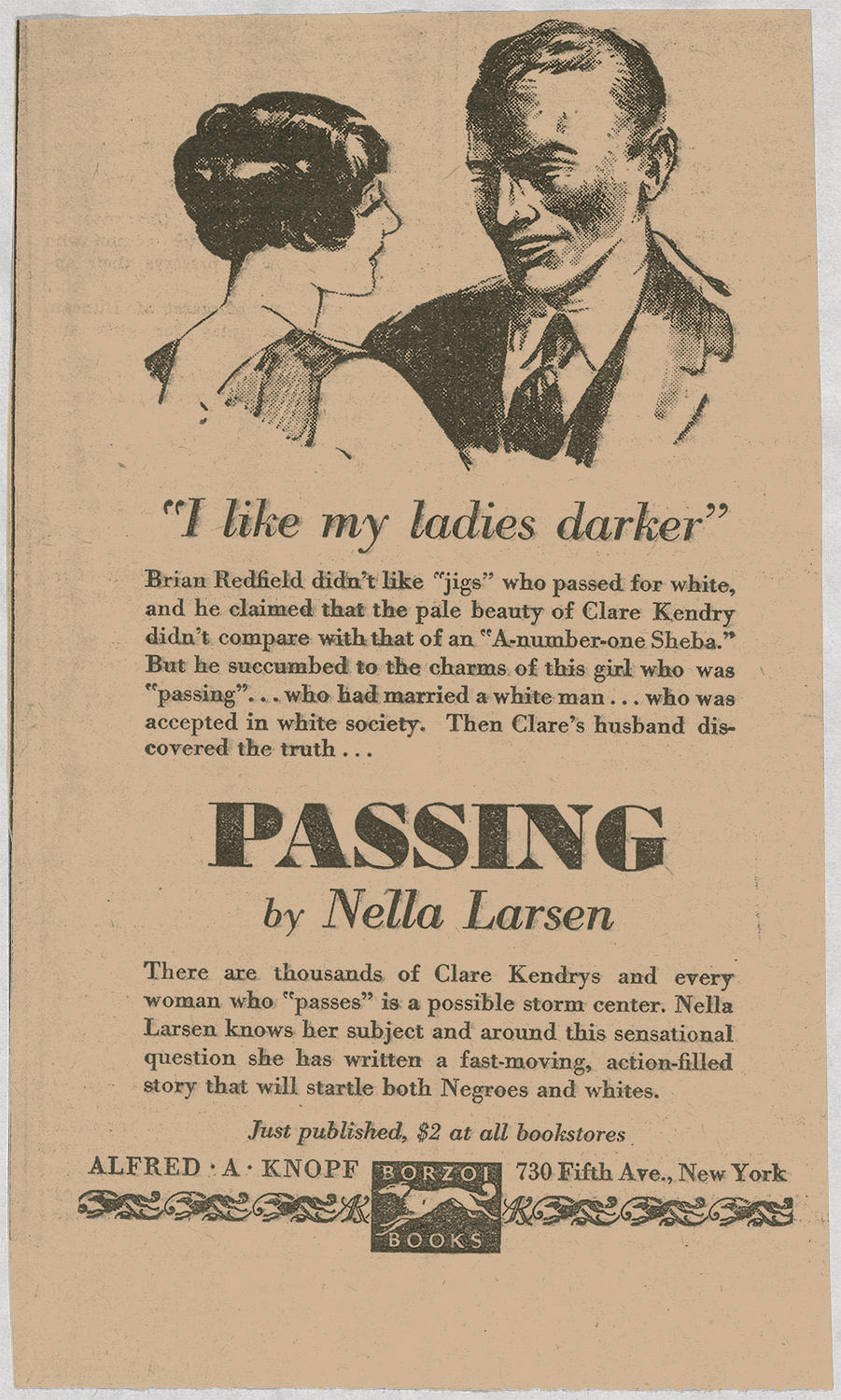A History of LossPosted in Articles, History, Media Archive, Passing, United States on 2015-02-10 21:08Z by Steven |
The Chronicle Review
The Chronicle of Higher Education
2015-02-09
Allyson Hobbs, Assistant Professor of History
Stanford University
Alexander L. Manly could have been the first victim of the bloody race riot that exploded in Wilmington, N.C., in early November 1898. Manly, publisher of the Daily Record, North Carolina’s only African-American newspaper, was the target of the rioters after he wrote an inflammatory editorial about white supremacists’ charges that black men were assaulting white women. Manly fired back that the white women who claimed that black men had raped them had, in fact, engaged in consensual sex. His press was burned to the ground. He narrowly escaped to Philadelphia, but upon arrival, discovered that work was hard for a black man to find. Employers summarily rejected his applications for employment as a painter, insisting that no union would accept a black member.
“So I tried being white,” Manly later explained to the journalist Ray Stannard Baker, “that is, I did not reveal the fact that I had coloured blood, and I immediately got work in some of the best shops in Philadelphia. I joined the union and had no trouble at all.”
But Manly soon tired of the charade. Passing only during the work day—”9-to-5 passing,” it was called—meant that he had to leave his house early in the morning and could not return until after nightfall. He feared discovery. “The thing became unbearable,” he lamented. “I preferred to be a Negro and hold up my head rather than to be a sneak.” So he became a janitor and lived openly with his recognizably black wife and children.
Manly could have reaped all of the benefits that accrued to whiteness: economic opportunity and security, political agency, and countless social privileges. Indeed, by some accounts, his light skin had eased his escape from Wilmington, protected him from the racial violence that had engulfed the city, and very likely saved his life. But for Manly, those gains were far outweighed by all that there was to lose…
Read the entire article here.

